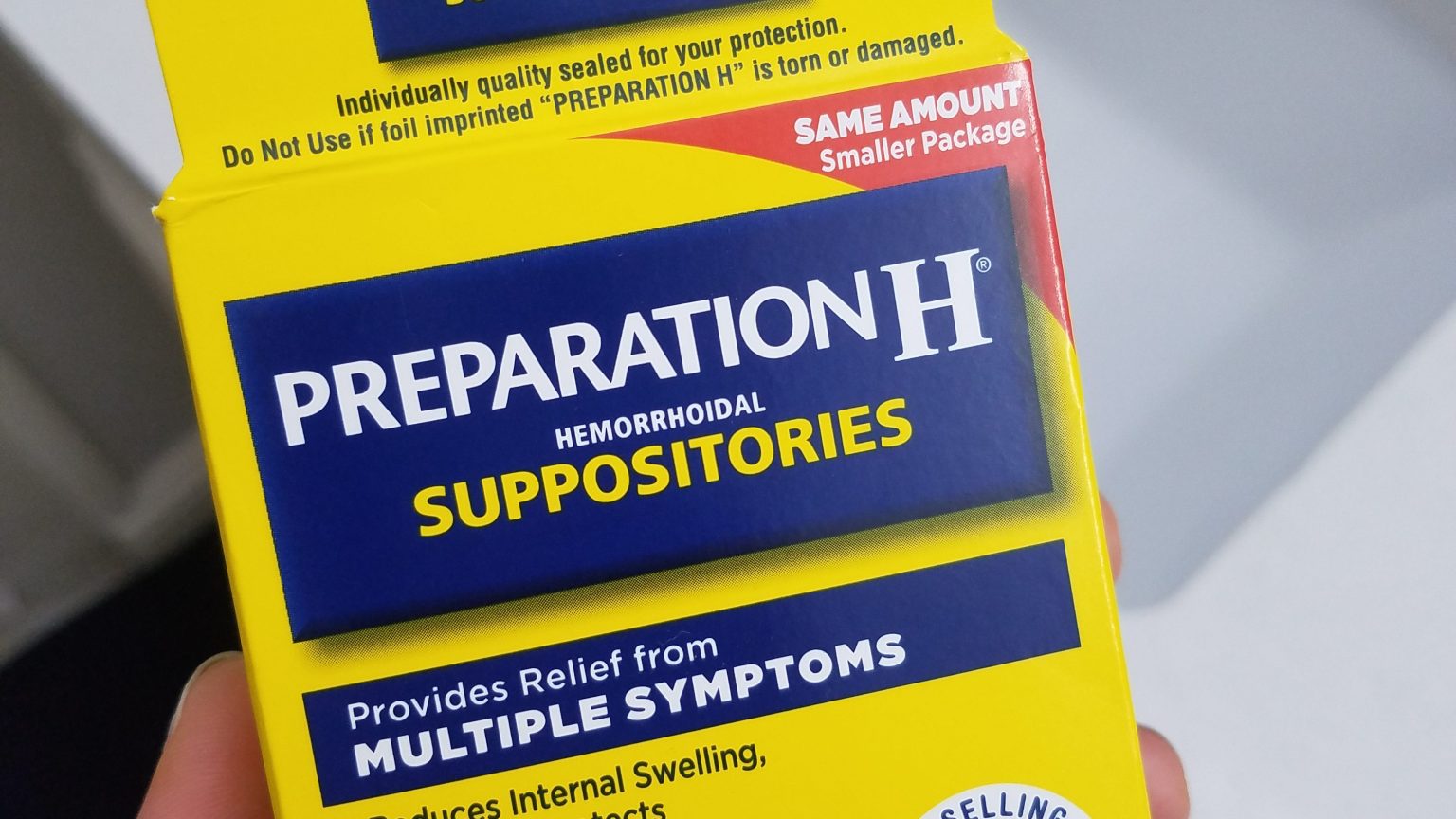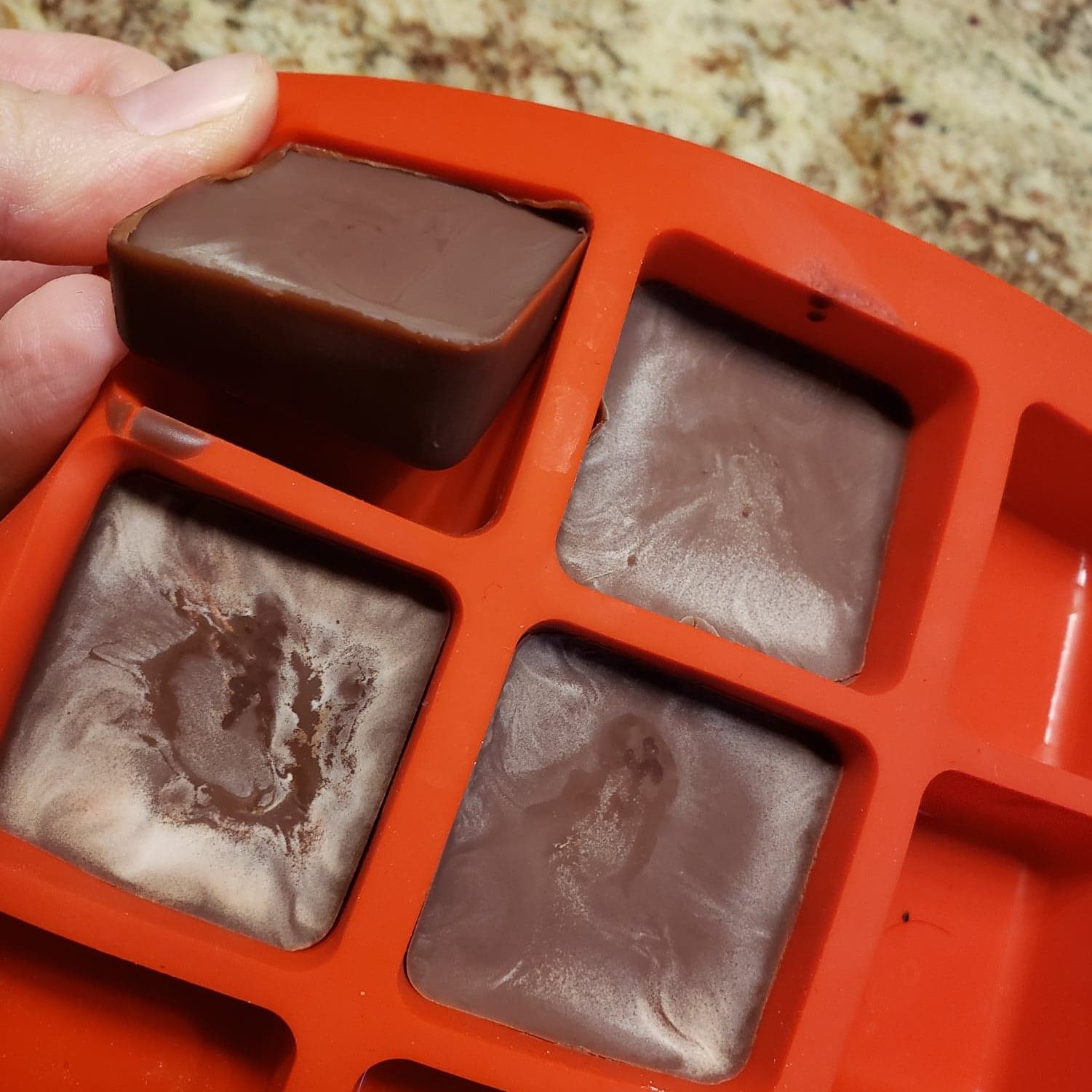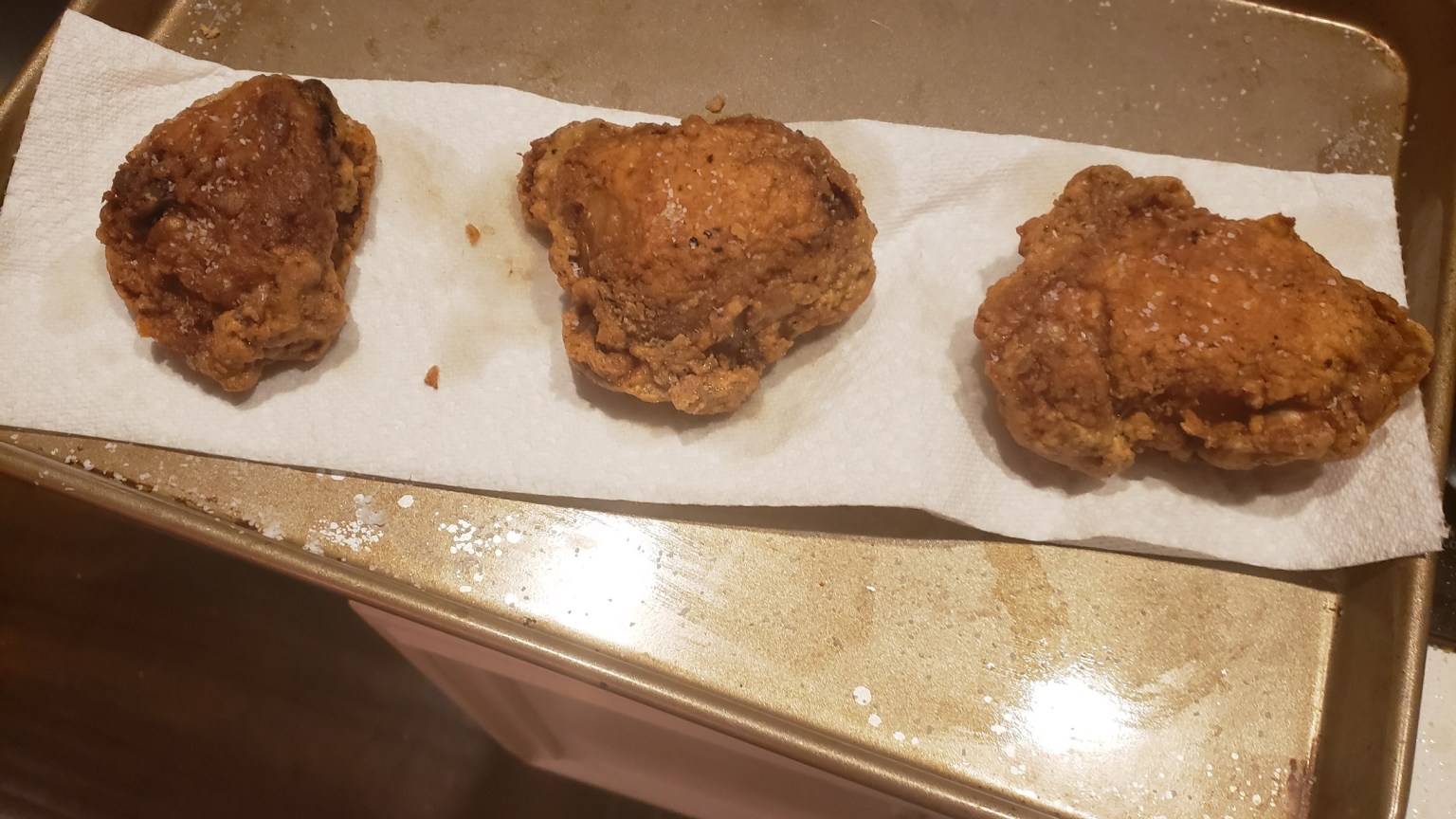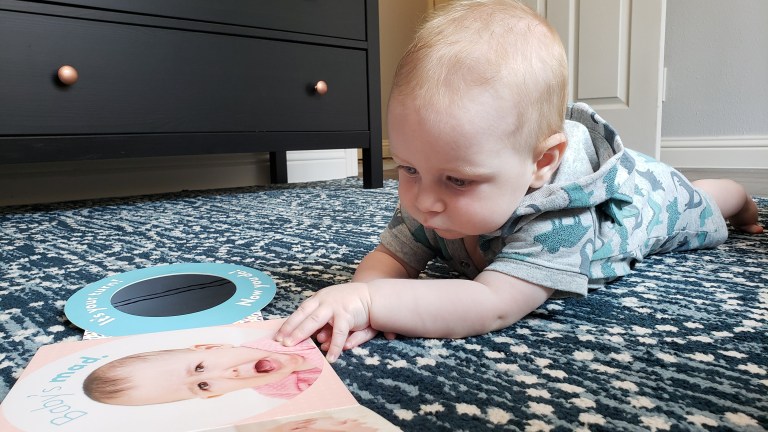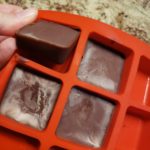It wasn't fun, it wasn't comfortable, and it wasn't the outcome I had hoped for. Today, a little on me, my personal dietary challenges, and just another reminder of why I love what I do.
I grew up with a bit of a lax diet. Lots of sweets, big portions, and not the greatest education regarding food. By my senior year of college, I weighed 278 pounds. I felt resolved to change and was tired of failing all of the other methods of weight loss I'd tried. In May of 2011, I had a surgery called the sleeve gastrectomy – my surgeon removed part of my stomach, essentially creating an unyielding method of portion control. I took nutrition classes, started working out, and felt great. Since then, I've maintained my 5'7" frame under 200 pounds. (I know it's not ideal, but I feel good, exercise, and just didn't quite have what it was going to take to get to the goal weight set by my surgeon). But I worked hard, and really started to understand what it meant to have a treat – that sweets and second portions aren't meant to be enjoyed all the time, and that listening to your body is so important to determine WHY you want to eat.
But fast forward.
January 2016, I met my now husband. Our first date was one of my favorite meals (a breakfast treat) – pancakes with whipped cream. We went on ice cream dates, ate cheese and crackers, and I made my family's traditional meal of lasagna for Easter.
In the summer of 2016, I started making the connection that I felt badly when I ate dairy. It first started with horrible stomach cramping and diarrhea when I ate things like ice cream. Then it progressed a bit, and I really couldn't handle cheese anymore. Then things that had dairy in them began to bother me. Slowly but surely, I transitioned to a 99% dairy free diet (milk chocolate and typical butter seem to be ok). By the time my husband and I got married in November of 2017, I could trade a bite of something with dairy for the flavor, if I wanted to endure a few hours of GI issues.
After we got married, I realized I would get headaches after I ate bread. I tried to ignore it (which is why I ate our wedding cake) – I was already unable to eat goat cheese with crackers, which was one of my favorite snacks. But the headaches got worse. I felt like my body was betraying me, and I was sad that I wasn't able to eat the foods I wanted. Pizza without cheese gave me headaches. So did toast. So did cereal.
Goodness. I wasn't ready to make another cut from my diet.
But try as I might, I had to let gluten go too. I've been gluten and dairy free for about 9 months. And I've felt great. Occasional bloating, but nothing more than that. But it gets exhausting. Egg whites and potatoes are essentially the only things I can eat when we're out for breakfast. We constantly check restaurants prior to going. The Chocolate Bar used to be one of my favorite places in Houston – no longer an option. I was tired of being confined in my decisions about food. Sometimes it's fine. Sometimes I get frustrated. Which leads me to a recent decision I made.
One night at home, I went into the freezer, and I ate four Thin Mint Girl Scout Cookies.
I was craving something sweet, had had a hard week, and was feeling really frustrated about my eating. I made the decision that I would only have a few. I love the Girl Scouts. I'm glad to support them. But I will NEVER eat another Girl Scout cookie again.
Later that night, I had a headache that was just getting worse. At 3am I was freezing and shaking from being so cold, while my husband insisted that I was hot and sweaty. Fever the next day up to 102. A migraine so bad I couldn't sit up. No energy. At 5pm I finally crawled to the closet to change clothes and laid there for a bit because that movement had drained all of my energy. I made my way back to bed and slept until the next morning. And the next day, I felt fine.
But then the worst symptom of all.
Two weeks (almost to the day) of bad diarrhea – diarrhea, with lots of mucus. I then started bleeding with my toilet hygiene, and realized I had hemorrhoids. I would have a strong urge to have a bowel movement about every 30 minutes or so. (This made work very difficult). I purchased some suppositories, and for the first time in my life, had to use them. I used the whole box. (They really weren't that bad, and I was motivated by the relief that they brought. But I can say – if I were attempting to give one to a kiddo, I would do my best to make sure they were in a mini squat, and very comfortable – no tension, no crying, no resisting).
No, those two weeks were not my favorite.
I am confident that that horrible symptomatic day, and the two weeks were all from the Girl Scout cookies. My body hadn't had anything that processed in a very long time, combined with the gluten and dairy, it was quite a knockout for my body.
All of this makes me realize how much our bodies rely on the decisions we make. It makes me think of the kiddos I treat, their diets, and their symptoms. I'm not saying a diet makeover will change someone's symptoms, nor am I saying that their symptoms are directly a result from their diet. But there is so much connected between the two.
If a colicky baby is having mucusy poops, if a 3-year-old is vomiting after most meals, if a second grader is having a lot of abdominal pain, let's look at that. Accepting that "they just do that" is not an answer. Colic, vomiting, reflux, and abdominal pain are NOT normal – lets help our kiddos feel good, so they can do their job growing and learning the best that they can.
I felt horrible during those two weeks, and that was just from one instance of eating food my body didn't like, with 2 weeks of recovery. Imagine being an infant who is unknowingly sensitive to dairy, but is constantly being fed it? Of course, they cry. I don't think colic always comes from a food sensitivity, but I'm sure it happens.
Our food gives us the nutrition and energy to be our best selves. But if we feed our bodies food that it can't handle or reacts poorly to, what are we doing to our quality of life?
Does your child have symptoms like abdominal pain, reflux, vomiting, diarrhea, mucus, or constipation? Does your child eat a diet that is fueling their body to do well? Are they consuming things that could be betraying their body from performing at its best?
Related Posts


